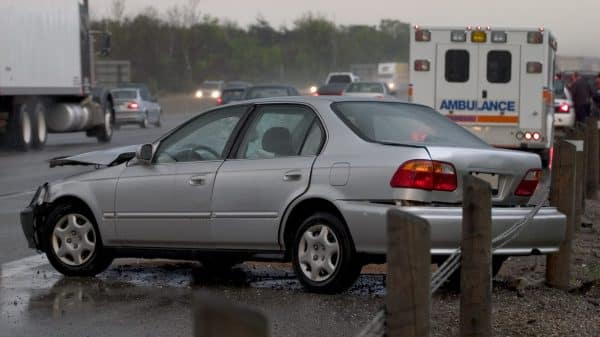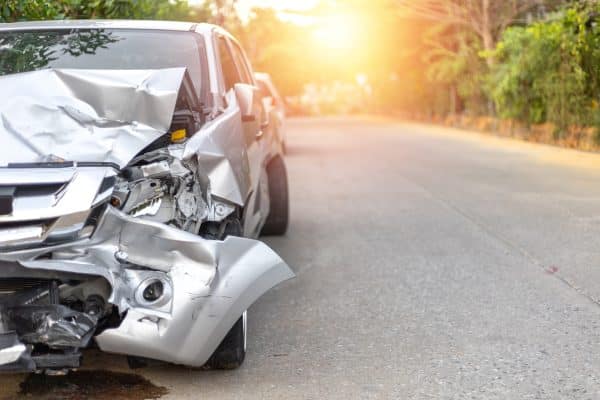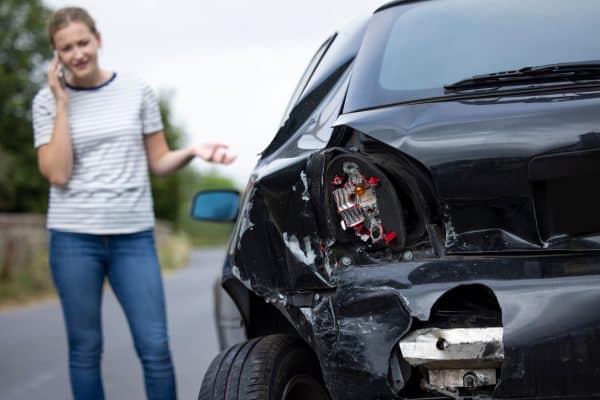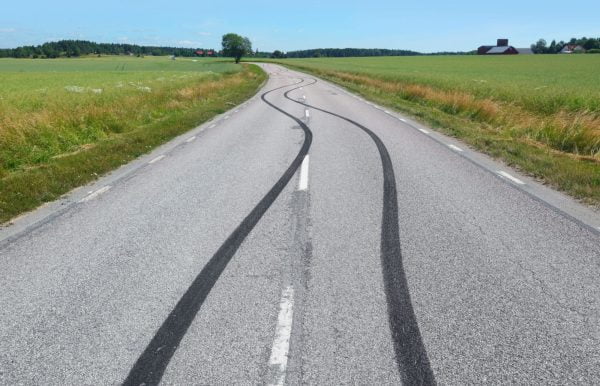If you’ve been injured in an accident and you lack medical coverage, you still have a few options available to you. Keep in mind that even though the insurance company of the negligent party may be responsible for compensating your medical expenses after the case is closed, you are responsible for paying your bills until that time arrives.
Even if you don’t have medical insurance or funds to pay for your bills upfront, you may be eligible to receive “med pay,” Medicaid, no fault car insurance or a payment plan with your healthcare provider. If you are experiencing difficulty throughout this process, seeking the advice of a personal injury lawyer can be very helpful.
Medical Payment Coverage
Medical payment coverage, also known as “med pay”, is a facet of some car and property insurance policies. If the insured person causes an accident that results in you being injured, their insurance company will pay for your medical expenses up to the “med pay” policy limits. It’s important to understand that not every insurance policy includes “med pay,” and when they do, the limits are usually fairly low, generally no more than $10,000.
Additionally, if your medical expenses exceed the policy amount, you are still responsible for paying the remaining balance. Even though “med pay” coverage isn’t much, if you sustain injuries in an accident caused by another person, you should check to see if their insurance policy includes “med pay” to cover at least a portion of your expenses.
Medicaid
Medicaid is a federally regulated health insurance program designed to provide low-income citizens with health insurance. The federal government sends funds to each state, and the states are responsible for running the health insurance programs. If your accident and subsequent injuries resulted in you losing your job and your health insurance, you may be eligible to receive Medicaid.
Check with the state’s Medicaid office to see if you qualify. If you do, Medicaid will pay for your medical bills from that point onward, and it might also cover some of your previous medical expenses.
No Fault Car Insurance
There are only a few states that uphold a no-fault policy when it comes to car accidents, and Tennessee is not one of them. Tennessee is a fault state, which means that fault plays a role in who receives compensation in accidents.
However, if you live in a no-fault state, your own car insurer should pay for some or even all of your expenses relating to your accident, including your medical bills. If you live in a no-fault state, you should contact your insurance company after your accident to find out what your specific rights are to compensation.
Payment Plans with Health Care Providers
Certain health care providers like chiropractors and physicians are willing to work with their patients when it comes to paying their medical bills. Many of these providers who specialize in treating patients who have been injured in accidents understand that you may not have the money upfront to pay for your bills. If your provider is willing to do this, they may require you to sign a personal injury lien. This is a binding contract sent directly to your lawyer and requires you to pay your medical bills as soon as you receive compensation from your settlement.
Contact a Personal Injury Lawyer for Legal Advice
If you’ve been injured in an accident due to someone else’s negligence, you should contact a personal injury lawyer to see what your legal options are. A personal injury lawyer in your state is familiar with the local laws regarding medical payments and injury compensation. The experts at McMahan Law Firm have been representing injured victims in the Chattanooga, TN area for over two decades. Contact us today for more information about your legal situation.

















